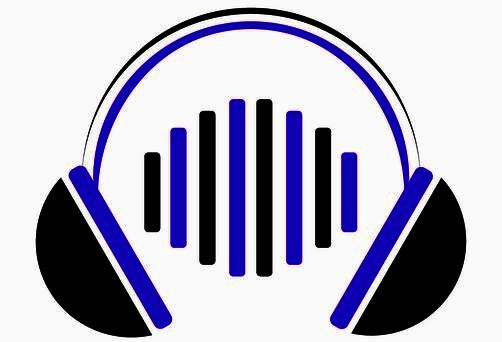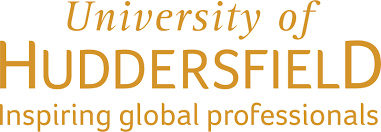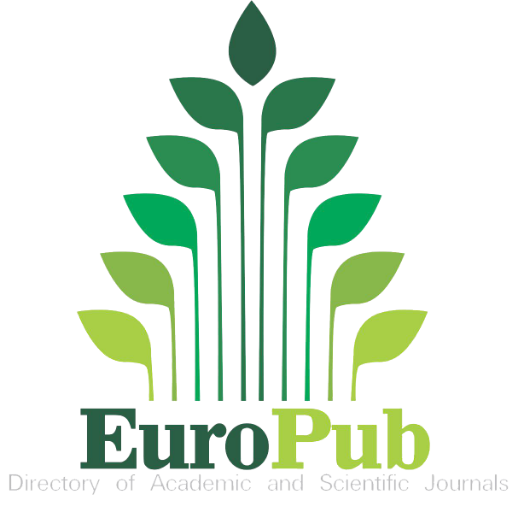CFP: Psychedelica & Electronica. Edited by Trace Reddell and Graham St John
CFP: Psychedelica & Electronica
Special edition of Dancecult: Journal of Electronic Dance Music Culture
Edited by Trace Reddell and Graham St John
Psychedelics permeate the history, culture and aesthetics of electronic dance music. The emergence of acid house, techno, Goa/psytrance, trip-hop, ambient/psybient and other genres have been influenced by various psychoactive chemicals, shaping uniquely hybrid sonic/pharmacological ecologies. Given the resurgence of clinical psychedelic research and therapies, and the prominent role that music is understood to play in these, it is past time for a reassessment of the special relationship between, and the entangled histories of, psychedelics and electronic music.
Though psychedelia is typically perceived as a unique form of folk, pop and rock that crystallizes a wide range of social and cultural trends in the 1960s, it is a resilient sensibility that has continued to evolve, mutate, hybridize and flourish over the past sixty years, and right into the present. Rather than a genre, “psychedelic” might best be perceived as a mode of expression, a way of listening, and a method for being and becoming in the world by way of sonic, spiritual, and neuropharmacological technologies.
This special issue of Dancecult will address the interfacing of psychedelics and electronic dance music throughout its histories, in its various genres, event-cultures and production practices. We seek to establish an account of psychedelic electronic music from its impact on musicians and producers to its various communities of listeners, and we seek to comprehend the way substances and sounds have co-evolved in both. Given the volume of material published about psychedelia in the 1960s, and the relative lack of substantive scholarship on psychedelic music from the 1980s to the present, this issue provides an excellent opportunity for new and experienced scholars to break new ground in the discussion of psychedelics and music.
Editor Biographies
Trace Reddell (PhD) is a writer, artist and educator exploring the interactions of sound and the cosmological imagination. Trace’s first book, The Sound of Things to Come: An Audible History of the Science Fiction Film (U of Minnesota Press, 2018), takes a groundbreaking approach to sound in science fiction films that offers new ways of construing both sonic innovation and science fiction cinema. He is also the author of a forthcoming book, The Magic Circle: Sonic Substance in Psychedelic Music (MIT Press, 2023), which proposes a new theory of sonic psychedelia. Trace’s audiovisual performances and videos have been presented at over thirty international venues and new media festivals. Trace is Professor of Emergent Digital Practices at the University of Denver, where he has taught courses in sound studies and sonic arts, expanded cinema, science fiction studies, new and speculative materialism, and spiritual technology design. Website: sonicsciencefiction.com
Graham St John (PhD) is an anthropologist and cultural historian specializing in transformational events, movements, and figures. Graham is the author of the forthcoming intellectual biography Terence McKenna: The Strange Attractor (MIT Press, 2023), and has authored several other books, including Mystery School in Hyperspace: A Cultural History of DMT (NAB/Evolver, 2015), Global Tribe: Technology, Spirituality and Psytrance (Equinox, 2012), and Technomad: Global Raving Countercultures (Equinox, 2009). He has also edited five books, including Weekend Societies: Electronic Dance Music Festivals and Event-Cultures (Bloomsbury 2017) and Rave Culture and Religion (Routledge 2004). Graham is founding Executive Editor of Dancecult: Journal of Electronic Dance Music Culture, and has produced over 100 articles for scholarly and popular venues. He has held postdoctoral fellowships in Australia, the U.S., Canada and Switzerland, and in April 2022 will begin a MSC European Fellowship in the Centre for Music, Culture and Identity at the University of Huddersfield, UK. Website: www.edgecentral.net
// SUGGESTED THEMES //
-Psychedelic philosophy and electronic music
-Psychedelics and sound
-Auditory hallucinations
-EDM as program or script for psychedelic experience
-EDM in therapeutic psychedelic regimens
-Altered states of consciousness, techno shamanism
-Entheogens and dance cultures
-Psychedelics in EDM sub-genres (acid house; Goa/psytrance)
-Event-cultures (raves, clubs, festivals) and psychedelics
-Transformational festivals
-Psychedelics as technologies
-Visual design, VJing, decor, architecture
-Comparative psychedelics (including: LSD, DMT, psilocybin, MDMA among others) comparing the impact of
-Legality, criminal justice concerns and cognitive liberty
-researching the impact of a variety of psychedelic substances on the social contexts of dance clubs, festivals and venues.
// SUBMISSIONS //
Feature Articles will be peer-reviewed and are 6000–9000 words in length (including endnotes, captions and bibliography). For policies, see:
https://dj.dancecult.net/index.php/dancecult/section-policies
From the Floor Articles. The issue will include a themed From the Floor Section hosting imaginative submissions reviewed by the guest editors. As Dancecult policy stipulates: FTF submissions include field reports, mini-ethnographies, photo-essays and interviews. Pieces for this section should be between 750-2500 words in length. Rather than written in the style of an article with formal analysis and many citations, FTF pieces are more conversational or blog-like in style, and may consist of experimental and creative reportage styles across the field of electronic dance music. They may include substantive multimedia components. We welcome FTF submissions in accordance with the schedule below
Articles must adhere to all style and formatting rules stipulated in the Dancecult Style Guide (DSG). Download it here:
https://dj.dancecult.net/index.php/dancecult/libraryFiles/downloadPublic/4
Multimedia Submissions: Dancecult encourages authors to complement their written work with audio and visual material. See the DSG for style and formatting requirements.
// DATES AND DEADLINES //
This special edition is proposed for publication in Dancecult in November 2023. If interested, send a 250-word maximum abstract (along with 100 word maximum author biographies) to the editors by 14 April 2022. Please send abstracts for feature article submissions to Trace Reddell (treddell@gmail.com) and abstracts for From the Floor articles to Graham St John (g.stjohn@warpmail.net).
If your abstract is accepted, the deadline for submission of a full article draft to the guest editors for their comments is 15 October 2022. If accepted, the deadline for online submission of your full article to Dancecult (for blind peer-review) is 1 March 2023.
Send inquiries or expressions of interest to Trace (treddell@gmail.com) or Graham (g.stjohn@warpmail.net).





